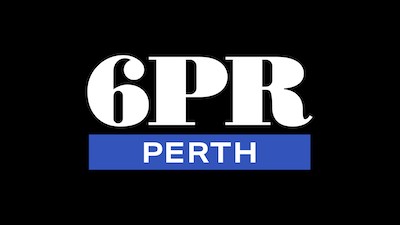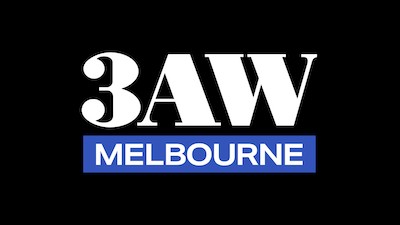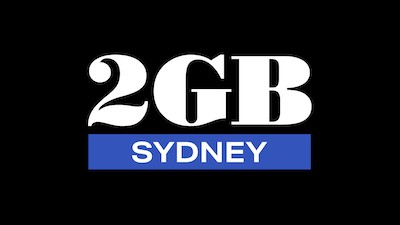Doing time: The power of prison radio
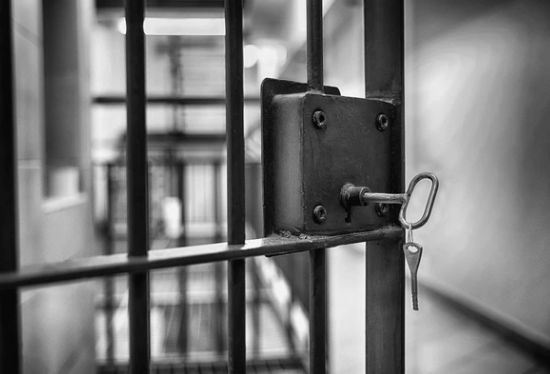
Most people in prison are good people. Often, they’re the best people you could meet. They just stuffed up.
This is Kate Pinnock’s observation as she talks to Radio Today about the ordinary Australians who end up on the wrong side of the law.
“There are so many myths. There’s so much stigma.”
Pinnock is the producer of Jailbreak – the longest running prison radio program of its kind in the world.
And shattering those myths is at its core.

Produced at Sydney community station 2SER 107.3 FM, Jailbreak made its on-air debut back in 1997.
Today, it airs each week across Australia on a host of community stations – from Koori Radio 93.7 FM to Melbourne’s 3CR – offering stories, music and information for listeners inside the prison system, as well as their loved ones on the outside.
Jailbreak is guest-hosted by those with lived experience of incarceration, providing a national voice for people caught up in Australia’s criminal justice system and raising awareness of the complex issues they face.
Pinnock’s involvement with the program is part of her role as at the Community Restorative Centre, an organisation providing support to people impacted by the criminal justice system in New South Wales.
She says the focus of Jailbreak is not so much on crime itself, but what leads someone to break the law.
It’s about understanding why someone commits a crime, what they’ve learnt about themselves, and what their life is going to be like afterwards.
“So the production of prison radio is so different from normal radio,” says Pinnock. “You have a duty of care.”
“We work with vulnerable people, sharing their stories.”
“We don’t want them to have an adverse experience. Due to the fact there’s so much stigma and shame, we have to protect them and how they feel and what they say.”
“The program helps in giving greater understanding about how people end up in jail.”
Currently, there are around 40,000 people in Australia’s prison system.
“We have something like 120,000 children who have a parent in the system,” says Pinnock. “And that’s huge. Research shows those children are at risk of jail themselves.”
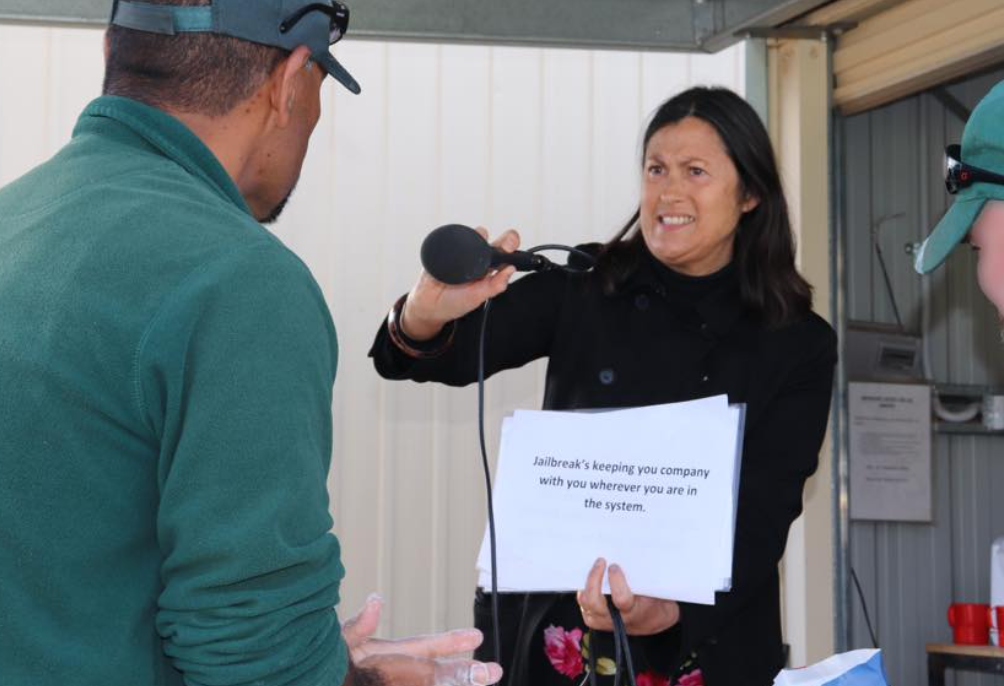
Pinnock (pictured above) says Jailbreak is something of a therapeutic process, making the people who tell – and hear – the stories feel better about themselves.
“It’s a lifelong thing. People never really recover from jail. They’re traumatised. They come out. They find it really hard to settle back in. No-one really understands what it was like or how traumatising it is.”
“I always think everyone should have a go at just being locked up in a cell at night and understand what it feels like.”
Pinnock says the language around incarceration is also an important part of prison radio.
“You don’t call them inmates. You don’t call them prisoners. You call them people. They are people who have been in jail.”
“And they ARE really good people. When they’re sober and clean for example, they have huge regret, but their way of coping with life is poor.”
“We are a society that believes that alcohol is OK but illicit drugs aren’t.”
“That’s why we have laws that need reforming, and that’s why we have so many people in jail who shouldn’t be.”
Jailbreak is an integral part of New South Wales Health’s Jailbreak Health Project (JHP), broadcasting targeted harm minimisation health promotion about blood borne viruses and sexually transmitted infections in prison.
Pinnock says Jailbreak continues to evolve thanks to the post-COVID introduction of in-cell iPads. The aim, says Pinnock, is to offer those in prison greater access to more targeted programs.
Accessibility is key. Pinnock notes that in order to listen to prison radio, a person in jail not only needs to have a radio, they also need to know about the program itself and then be within reach of a station that broadcasts it.
Still, Jailbreak continues to go from strength to strength, also landing quite the coup in recent times when American rapper Ice Cube agreed to record some promos for the program.
Pinnock says community radio is a vital cog in the wheel, with 2SER Managing Director Paula Kruger a long time supporter of the program.
“If we didn’t have community radio, we wouldn’t have a Jailbreak, because they have a special mission for what they are trying to achieve, which is giving voices to minority groups.”
*Main image: Shutterstock
*Kate Pinnock photo: Facebook
